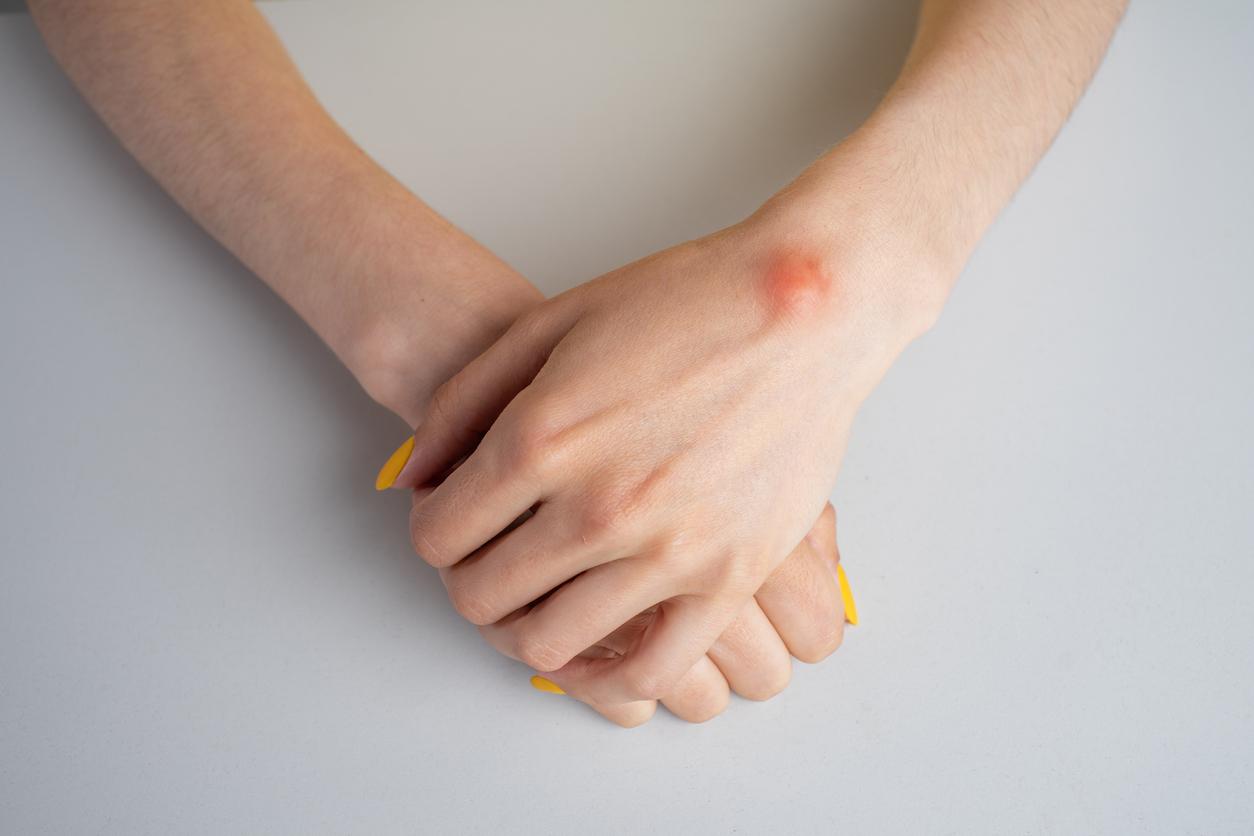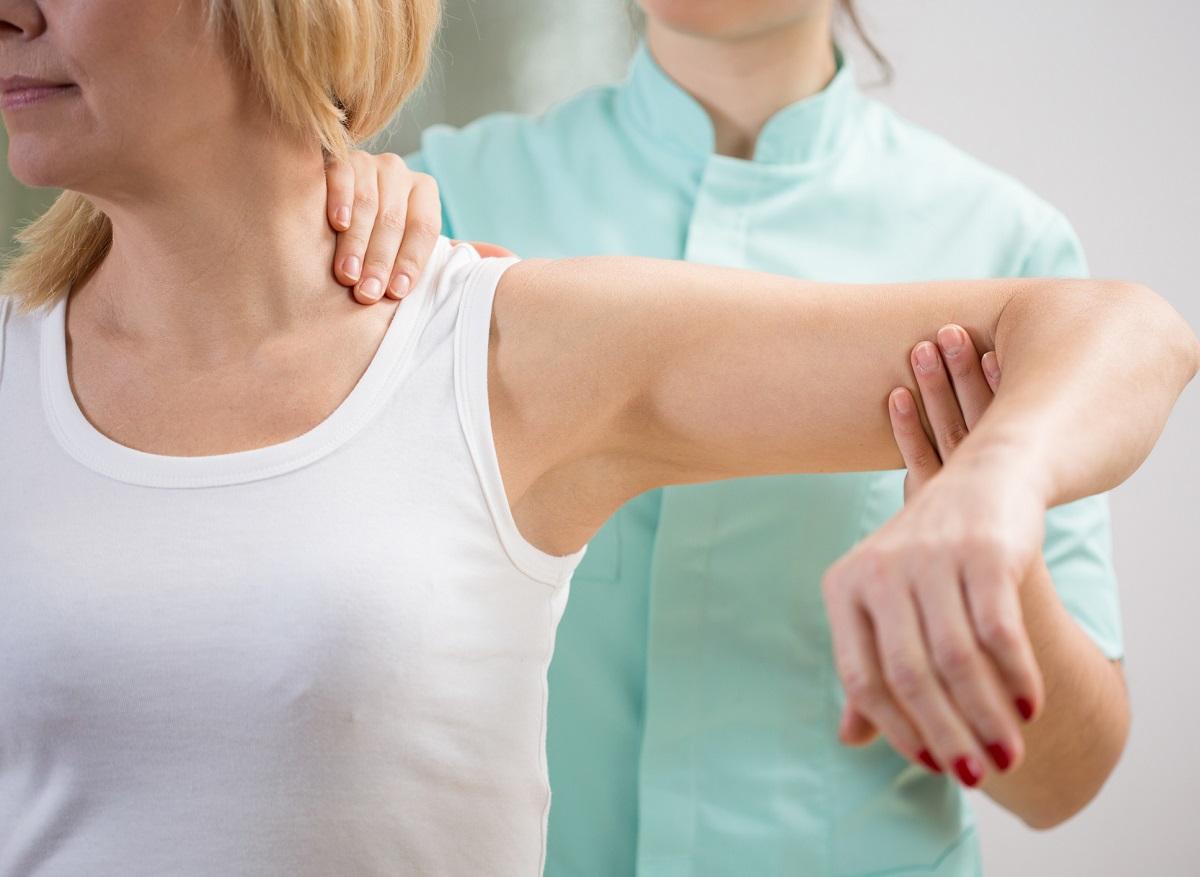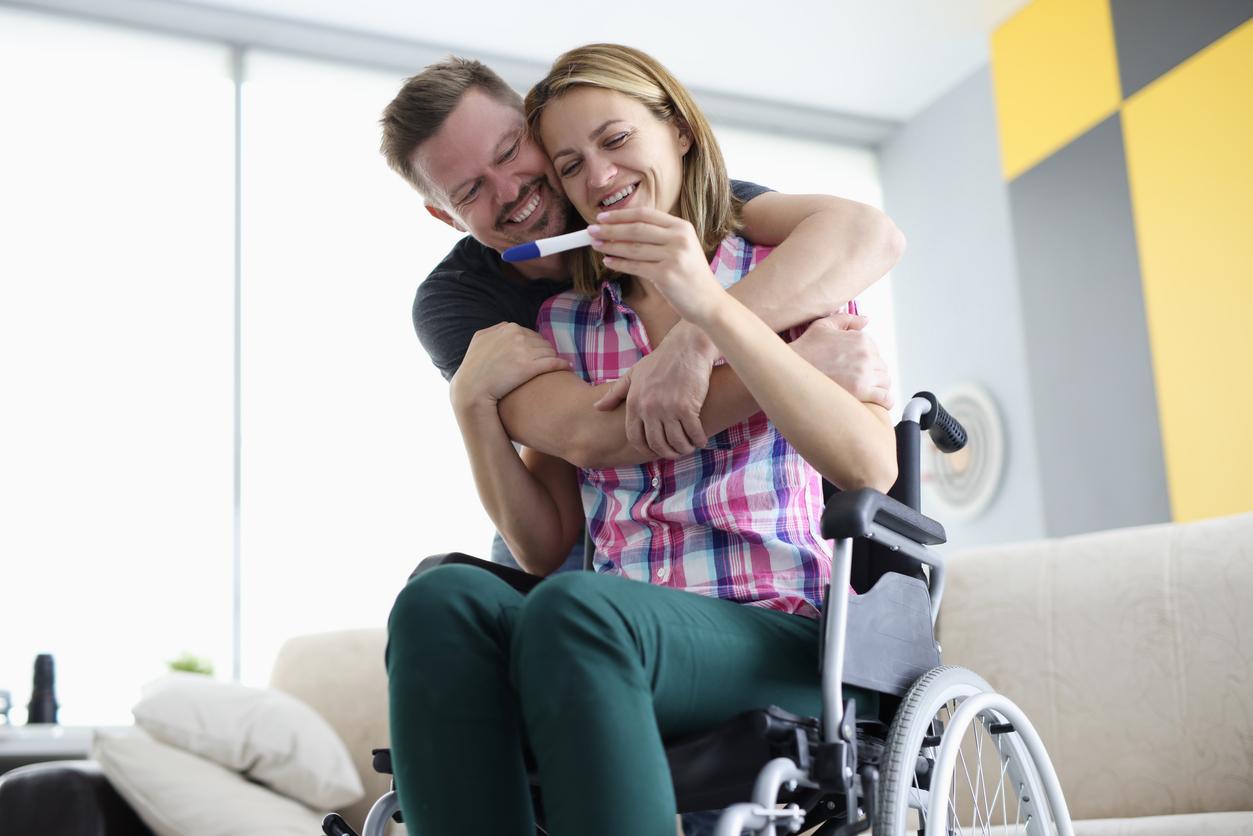According to a survey conducted by the association APF France handicap, 61% of French people believe that people with disabilities have no sex life. A colossal figure which raises the question of access to sexuality for people with disabilities: 90% of them believe that their conditions of access to an emotional and sexual life are not improving, in particular because of the persistence of many stereotypes about them.
To improve this access, the National Advisory Council for People with Disabilities (CNCPH) submitted, on February 6, 2023, 13 proposals relating to an intimate, emotional and sexual life and having taken into account the words of the people directly concerned, their relatives and of professionals.
What intimate, affective and sexual life for people with disabilities? Follow with us live the great debate of the @CNCPH_en this afternoon !
https://t.co/xXkTo8MtIlpic.twitter.com/vKohuP8HE9— CNCPH (@CNCPH_fr) February 6, 2023
The main measure concerns the assistants – or companions – sexual, an expected question that still divides. The question had already been launched in 2020 by Sophie Cluzel who was then Secretary of State for Disabilities and said to herself “in favor of supporting the intimate, affective and sexual life of people with disabilities, some of whom are condemned to live in non-chosen sexual abstinence”.
What is sexual assistance? It includes all the services offered which consist of accompany erotic or sexual pleasure people with disabilities. Some countries like Germany, Switzerland, the Netherlands and Denmark recognize it as a right and sexual assistance is sometimes even reimbursed. In France, the profession of sexual companion is still penalised.
Nevertheless, in September the National Consultative Ethics Committee (CCNE) was hesitant to change the legislation. “With regard to people with disabilities who are physically prevented from having access to sexual relations, the search for a solution for them (possibly of an experimental type) such as to allow an effective right of access to a sexual life does not raise not ethical questions in themselves, but would require modifying the legal framework relating to prostitution and therefore to free itself from the ethical principles which refer to it, to which CCNE is also attached.
A subject that is not unanimous
Three years later, the CNCPH regained control and notably offered a sexual assistance experimentation for at least two years, in at least two regions as well as “the authorization of sexual assistance on a derogatory basis so that the beneficiary of the service, the manager, the professionals and the sexual assistant benefit from adequate legal protection”indicates theAPF France Handicap.
The decision is already delighting several associations including APF France handicap or the CH(s)OSE association. Considered as “a right of access to a better state of sexual, emotional and intimate health“, sexual assistance nevertheless has its detractors. Some see it as a “commodification of the female body” and an “regression” of the rights of women to dispose of their bodies when others wonder about the occupational safety and health of sexual assistants.
The other proposals focus in particular on the training of actors and disabled people themselves, in sexual health care by proposing in particular to include a time dedicated to this support in the consultations of sexologists, urologists and gynecologists: for example, the device Handigynecodeployed in several French regions and which aims to bring gynecological care to women with disabilities and which the CNCPH calls for the sustainability.
Sources:
- Disability and intimate, emotional and sexual life: APF France handicap welcomes the proposal to experiment with sexual assistance, APF France handicap, 7 February 2023
- Proposals from the National Advisory Council for Persons with Disabilities (CNCPH) on the intimate, affective and sexual life of people with disabilities – The CH(s)OSE association welcomes the proposal to experiment with sexual assistanceFebruary 7, 2023

















